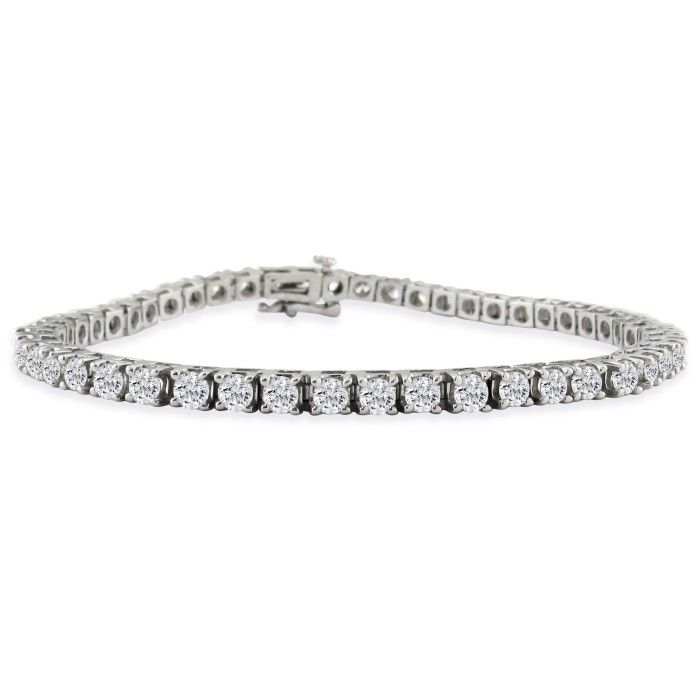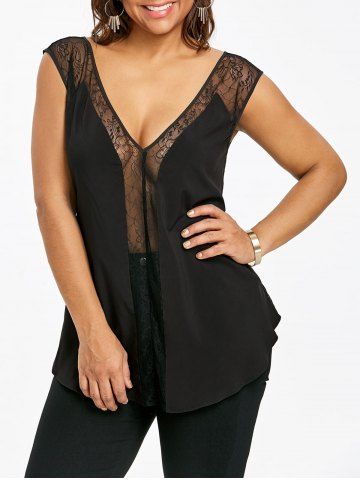
It’s raining offers exclusively at Souq on almost all gaming essentials and accessories and all football freaks must grab this exciting opportunity before it’s too late. One can avail astounding deals and offers from that on a football, pair of shoes, cleats, and shin guards only. Souq offers football products and accessories from more than 20 brands which include brands like Adidas, Arsenal, Nike, Response, Warrior, Puma etc. These products are best in class on the basis of quality, backed with authenticity all the products are fulfilled by Souq. These exclusive Souq deals of the day are available on both, website and app. Souq offers free shipping and same day delivery option as well. So, all the football fans get ready to game on! Buy all the football essential exclusively on souq.com. The most recommended products and football essentials are given below.
Jersey and Football Jackets
Wear your favourite team’s jersey and support your football team. All the sportswear are available on souq.com. you can buy jersey in various options like Adidas Belgium RBFA Home Football Jersey For Men, Nike Dri-Fit Academy Football T-shirt For Boys at AED 75.05, Nike Brazil CBF Anthem Football Jacket for Men at AED 331.55, Nike France FFF Anthem Football Jacket For Men in AED 331.55, Adidas Argentina AFA Home Football Jersey For Men at AED 375.25, Nike Portugal Home Stadium Football Jersey for Men is available for 379.05 AED etc.
The Adidas Belgium RBFA Home Football Jersey for Men is available for a price of 318.99 AED This jersey by Adidas Climalite wicks sweat to keep you dry in every condition. This is a replica jersey and is inspired by what players wear features a woven crest. The jersey has a ribbed V-neck with Back neck tape Woven Belgium crest on the chest. The Adidas Badge is Woven Sport on the chest. It is a replica fit which is made for fans and gives you room to move in the shoulders and body. This is made up of 51% polyester / 49% recycled polyester and is double knit.
Adidas Argentina AFA Home Football Jersey for Men is available for AED 375.25. This jersey is inspired by the ’91 jersey that saw Argentina crowned kings of the continent, this junior boys’ soccer jersey features Argentina’s classic sky blue and white.
Football Shorts
In the category of shorts some best items from Nike feature they are Nike Herren England Home Stadium Shorts for Boys Sports Short For Boys available for 160.56 AED for 8-9 years boys, Nike Sportsyle Sports Short for Men. These men shorts are available in various sizes and are blue in colour and are in style Nike Brazil CBF Home Stadium Shorts for Men.
A multi-colour sports-wear kit from Nike can be bought in 284.05 AED available in various sizes and in style Nike France FFF Stadium Home Football Kit for Boys.
Athletic shoes
Some of the best athletic shoes are available on souq.com which features brands like Adidas, Nike, Response, Warrior, Soccerex, etc. These are the best quality products fulfilled by souq. You can choose from Adidas Nemeziz Tango 17.4 Soccer Shoes for Men available in 228.99 AED which are in spring collection and the sole is made of rubber while the upper material is made of synthetic material. Nike Superfly 6 Club CR7 TF Soccer Shoes for Men are available 331.55 AED at a discounted price in various sizes. They are Dynamic Fit cuff which creates a streamlined, sock-like fit. The shoes are made up of synthetic leather construction for comfortable support.
Shin Guards
Buy shin Guards on souq.com from TA sports in color black which are available for 13.33 AED. These are unisex shin guards perfect for any football lover.
Goalkeeper Elbow
The Uhlsport 696401 Goalkeeper Elbow Protector-in size large is black in colour and are available in 50.00 AED on a flat 35% off. These Goalkeeper Elbow Protector have Uhlsport branding and an Uhlsport logo. This Uhlsport Goalkeeper Elbow Protector is made up of 25% Polyester, 35% EVA, and 40% SBR and has Torwart-Tech technology.
Sweat-Bands and Headbands
Uhlsport 500501 Reversible Head Band, in color black and have Uhlsport branding and an Uhlsport logo. This Uhlsport Reversible Head Band is 53% polyester and can be worn with the gray or the black side. The price of this headband is 30.00 AED and is available on a flat 47% discount.
The Arsenal FC Sweat Bands is a pair of 2 wrist sweatbands and one headband and are available in 45.00 AED at a discounted price of 47%.
Football and Ball Bags
The Mesuca MAB50106 Football – 5 is available in colour White and Red. This is a perfect blend of breakthrough technology and perseverance. The product is made up of PU and available in 48.30 AED at a discounted price of 21%.
The Uhlsport 4160 Ball Bag is a Unisex bag in size large and color black. The price of this bag is 80.00 AED on a 33% discount. The Uhlsport Ball Bag is convenient to carry anywhere. This Uhlsport Ball Bag is very spacious and has a convenient carrying handle as well as a drawstring closure.






































